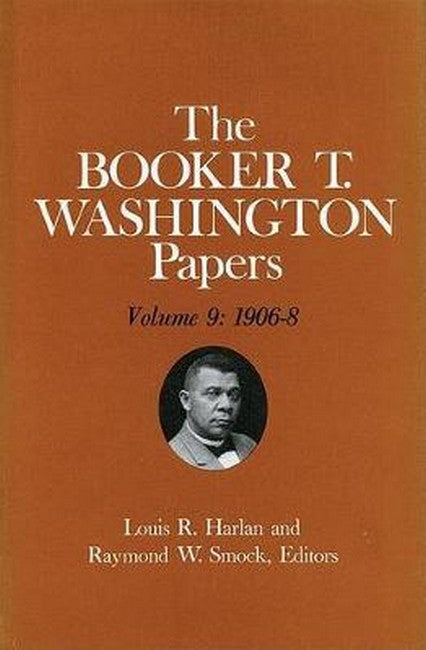The contrast between Booker T. Washington's private actions and public utterances continues to be revealed in this latest volume in the much-acclaimed series. Although very little changes at Tuskegee Institute during this period, Washington's leadership was faltering in the face of a virulent white racism that appeared in the North as well as the South. Still, he continued his public pursuit of and optimism for moderate solutions to racial dissension. At the same time, however, he privately redoubled his efforts to silence his black opponents, build his personal political machine, influence the black press, and maintain his autocratic rile over Tuskegee Institute.''The Washington Papers continue to provide a rich load of material for social historians. Intelligently and imaginatively edited, they illuminate not only the life of Booker T. Washington but the several worlds in which he lived.''--Allan H. Spear, Journal of American History On the subject of Washington ''There is no better source to consult than Louis R. Harlan's biography and the first . . . volumes of the Washington papers.''--New York Review of Books ''A major enterprise in Black historiography.''--Times Literary Supplement

